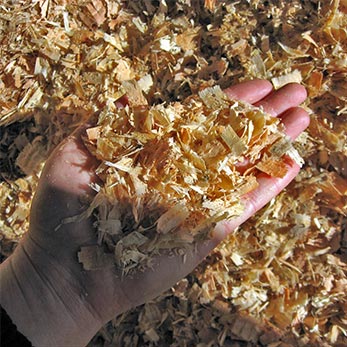Biomass by definition is a renewable energy source, it is biological material from living, or recently living organisms like household waste, dead trees, left-over crops, clean construction and demolition material, resonated woods (such as plywood, particle board, etc) as well as agricultural residues such as peanut hulls, soybean hulls and cotton gin residues. As an energy source, biomass can either be used directly, or converted into other energy products such as biofuel.
Biomass boilers have the advantage of being able to use the biomass through thermal conversion, using gasification and combustion in order to extract their inherent energy for heating or the production of electricity. Different types of biomass can be used inside a biomass boiler.

Biomass energy is an opportunity for customers to significantly reduce their dependency on fossil fuels and simultaneously increase their use of a renewable resource that is considered “carbon nuetral” for their energy needs.

Biomass combustion is considered Green House Gas (GHG) neutral. Combustion of biomass is considered neutral as the amount of carbon dioxide released during combustion process is equal to the amount released during the natural decaying process of the logging residues.
Renewable Energy Source
Reduces Dependancy on Fossil Fuels
Environmental Benefits